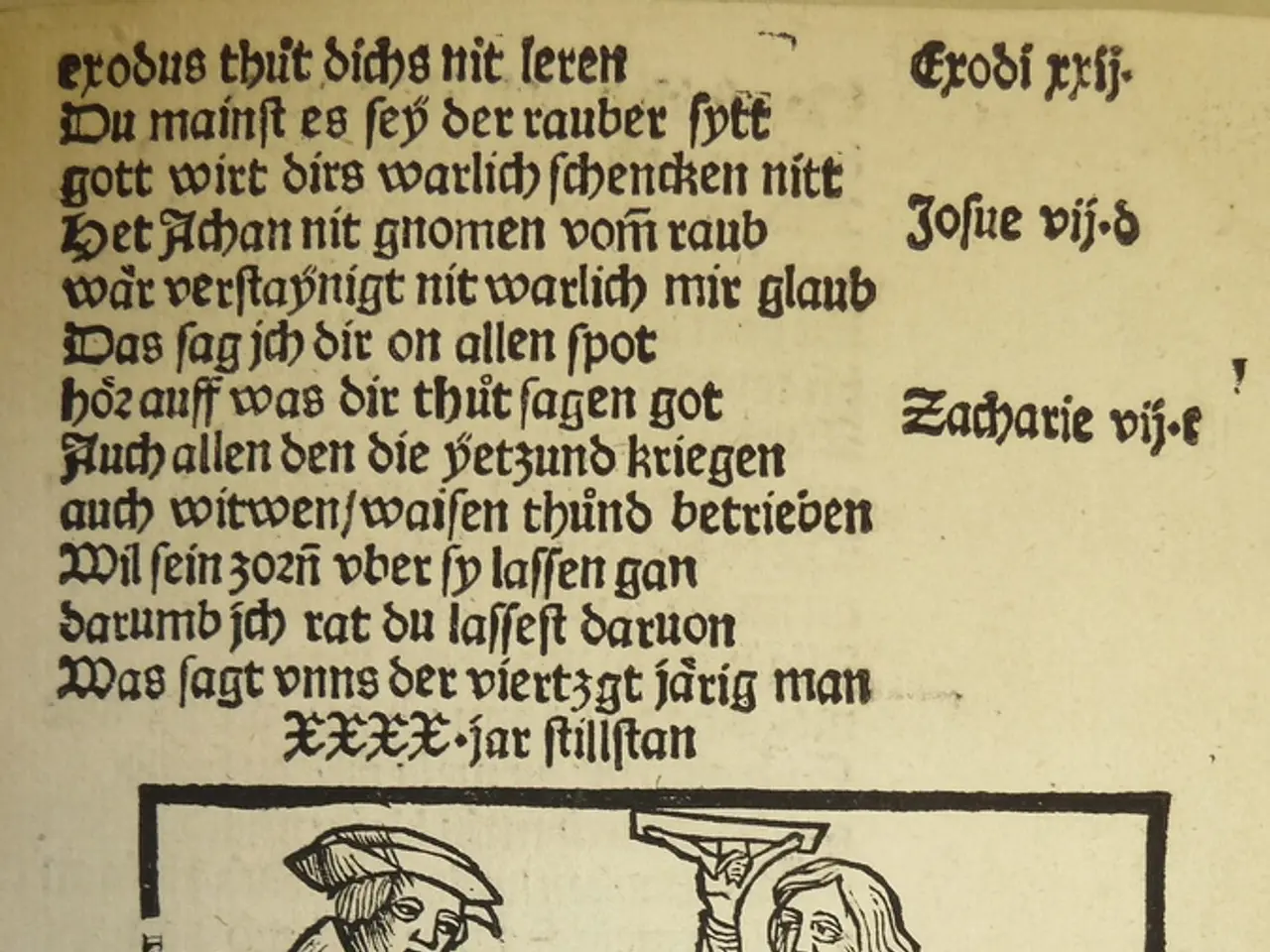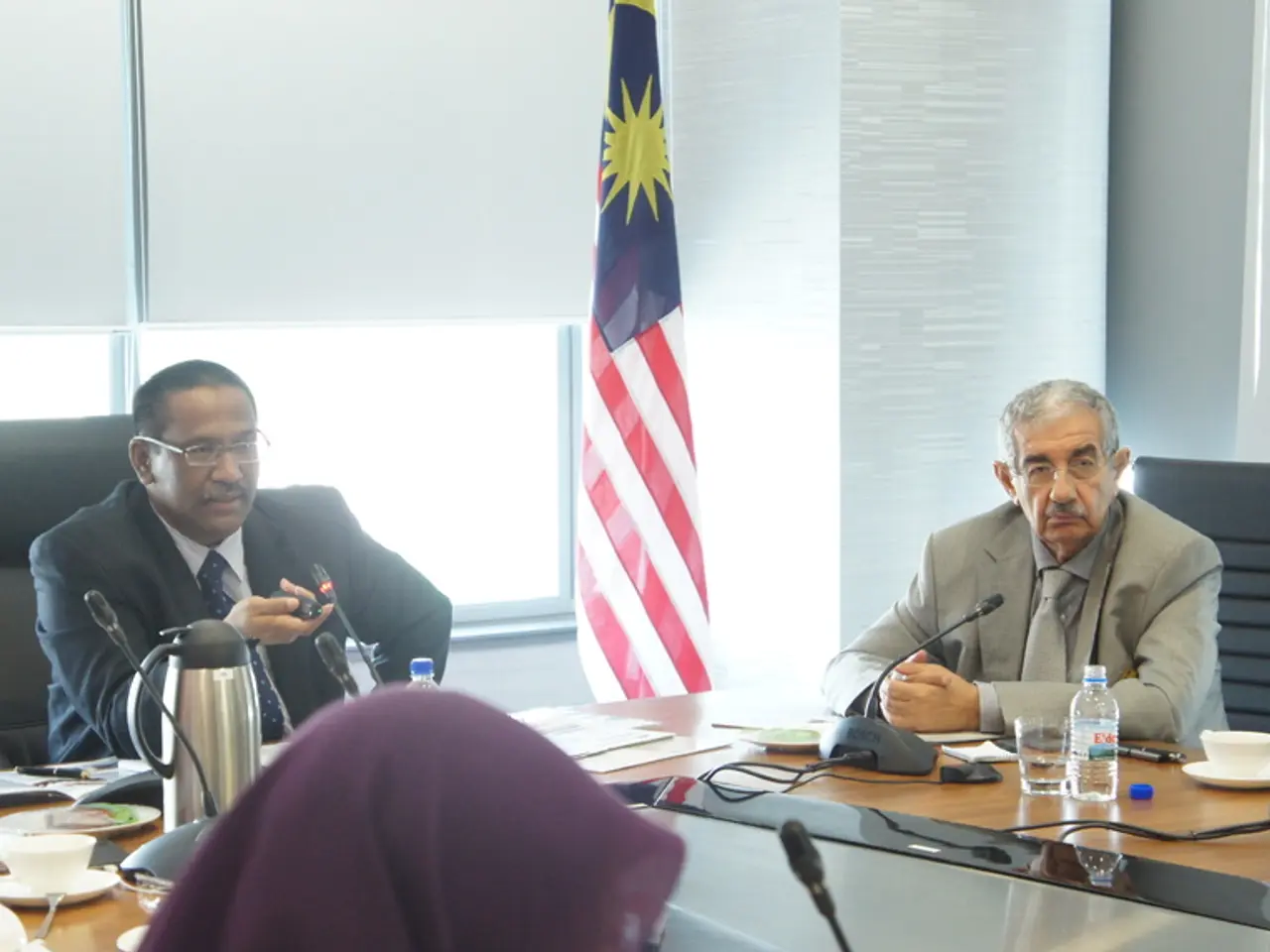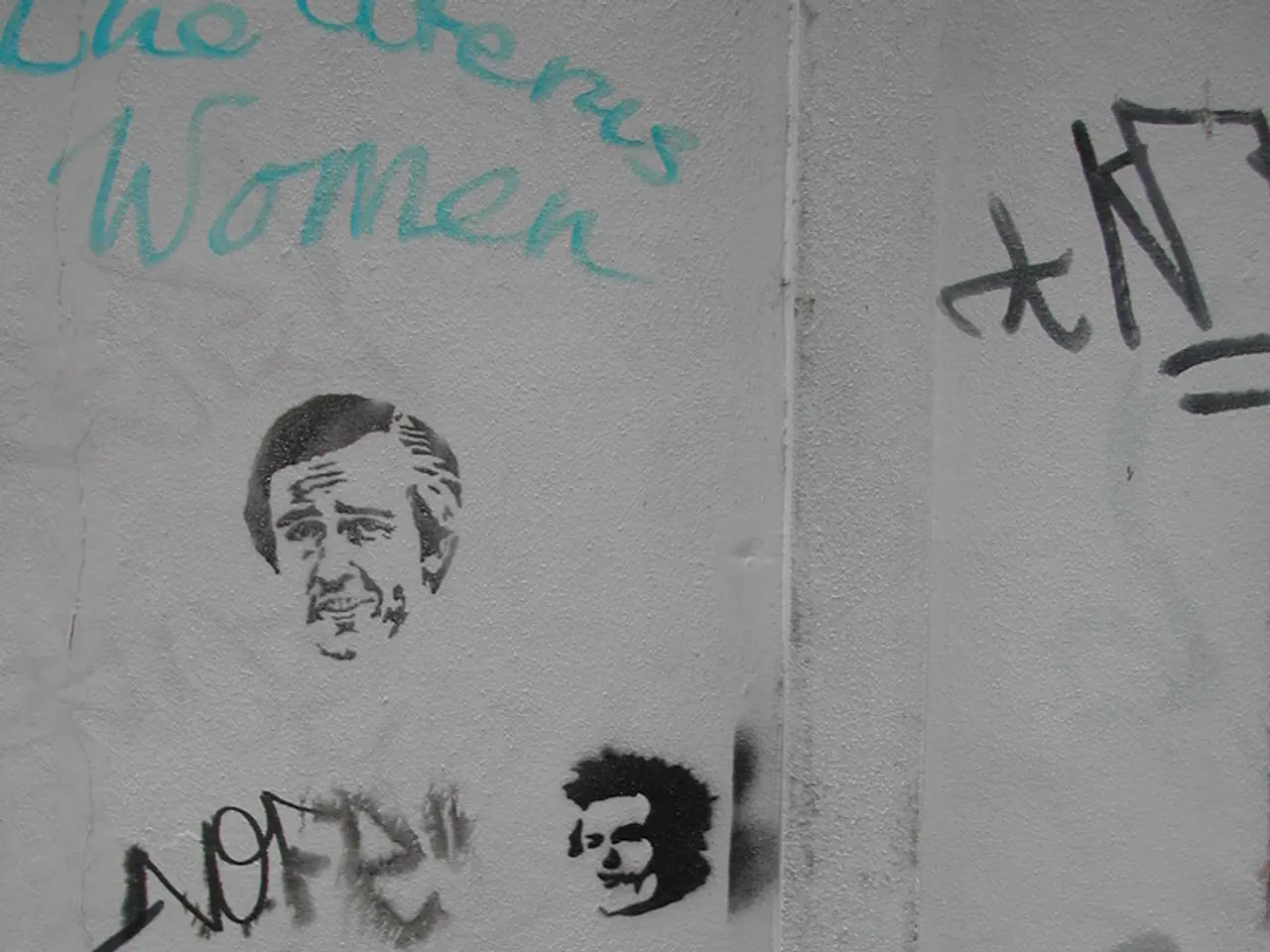UK Police Raid Home of Pro-Palestinian Journalist
The case of British investigative journalist Asa Winstanley, known for his coverage of Palestine, has sparked concerns about press freedom and the potential misuse of laws against journalists in the UK. In October 2024, Winstanley's home was raided by the Metropolitan Police's counter-terror unit, leading to the seizure of his devices and documents. A court ruling in May 2025 deemed the seizure unlawful, but the devices have yet to be returned.
The raid on Winstanley's home illustrates how counter-terror laws can be misused to target journalists. The seizure of devices and documents poses a risk to journalistic sources and material. Such actions can intimidate journalists and undermine press freedom by creating a chilling effect on reporting sensitive topics.
The recent vote by the British Parliament to designate Palestine Action as a terrorist organization has further fueled concerns. This designation could lead to severe penalties for journalists reporting on or supporting the group, even if their work is factual. Novara Media has requested clarification from the Attorney General on how this ban will affect journalists, highlighting the potential for repression of free speech.
The use of broad anti-terror laws can be seen as an overreach by the state, potentially criminalizing legitimate journalistic activity. This can deter journalists from covering sensitive topics, fearing legal repercussions. Human rights groups like Amnesty International have expressed concerns about the overly broad definition of terrorism in the UK, which could be used to target critics of the government or its policies.
The combination of unlawful raids and the criminalization of certain forms of activism or reporting can erode free speech and press freedom. Journalists may become hesitant to investigate or report on controversial topics due to the risk of legal action or intimidation.
Asa Winstanley continues to cover Palestine despite the ongoing legal battles and potential consequences. His lawyers have appealed the court ruling on the return of the seized devices, but the police have not commented on the court ruling or the upcoming appeal hearing. The court ruling did not order the return of the seized devices to Winstanley.
The case of Asa Winstanley has gained international attention, with organizations such as Reporters Without Borders expressing concern. Winstanley believes that current laws are being used to intimidate some journalists beyond his own case. The ongoing legal proceedings and the broader context of anti-terror legislation in the UK demonstrate how laws can be weaponized against journalists, potentially undermining democracy and freedom of expression.
The appeal hearing for the return of Asa Winstanley's seized devices is scheduled for July 2025. The outcome of this hearing and the government's response to the growing concerns about press freedom will be closely watched by journalists, human rights groups, and the public alike.
The unlawful seizure of Asa Winstanley's devices and documents during a counter-terror raid highlights the potential for the misuse of such laws against journalists, potentially chilling reporting on sensitive topics. The designation of Palestine Action as a terrorist organization by the British Parliament, coupled with the overly broad definition of terrorism in the UK, raises concerns about the potential criminalization of legitimate journalistic activity and free speech, posing a risk to press freedom.






